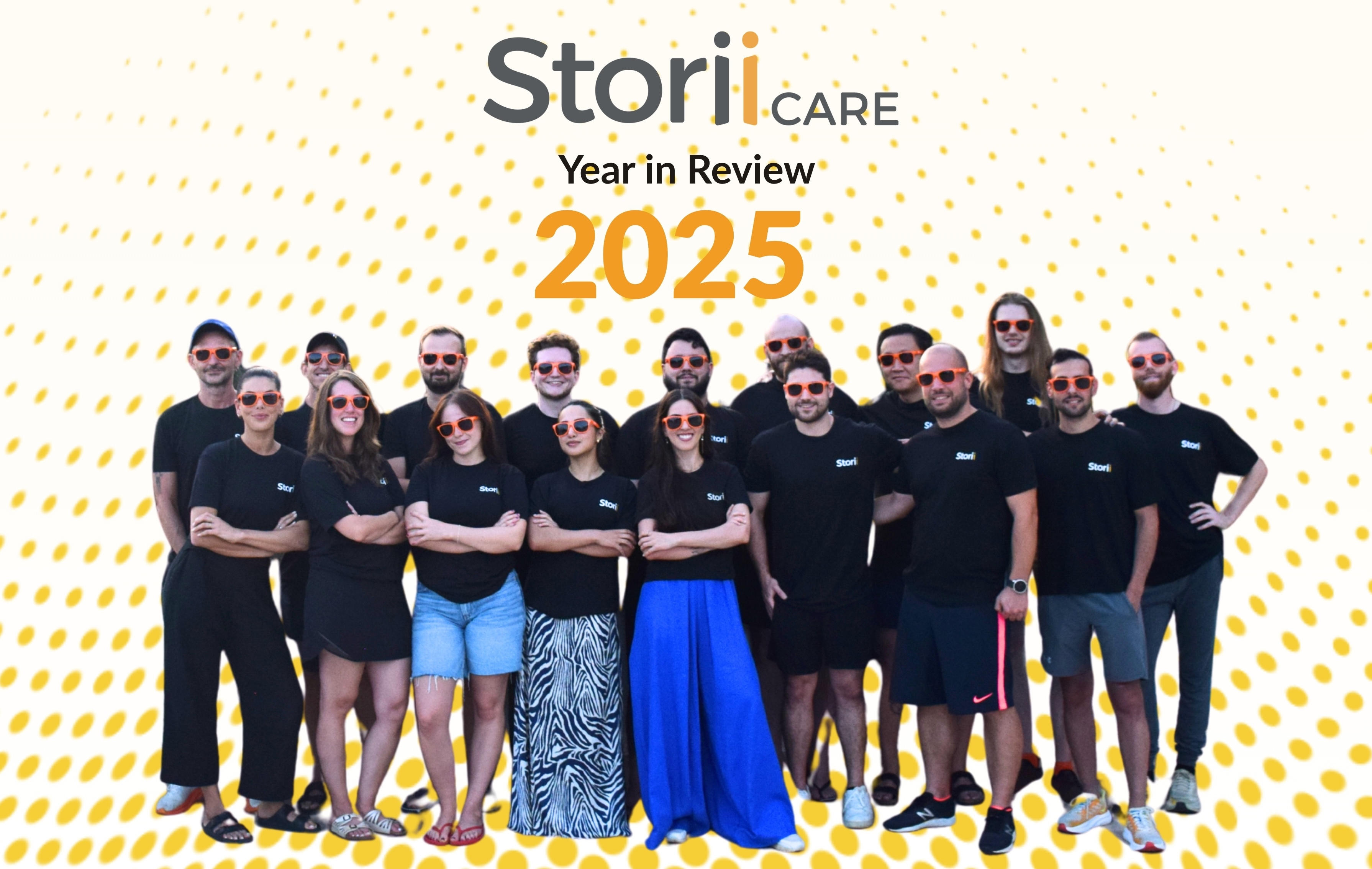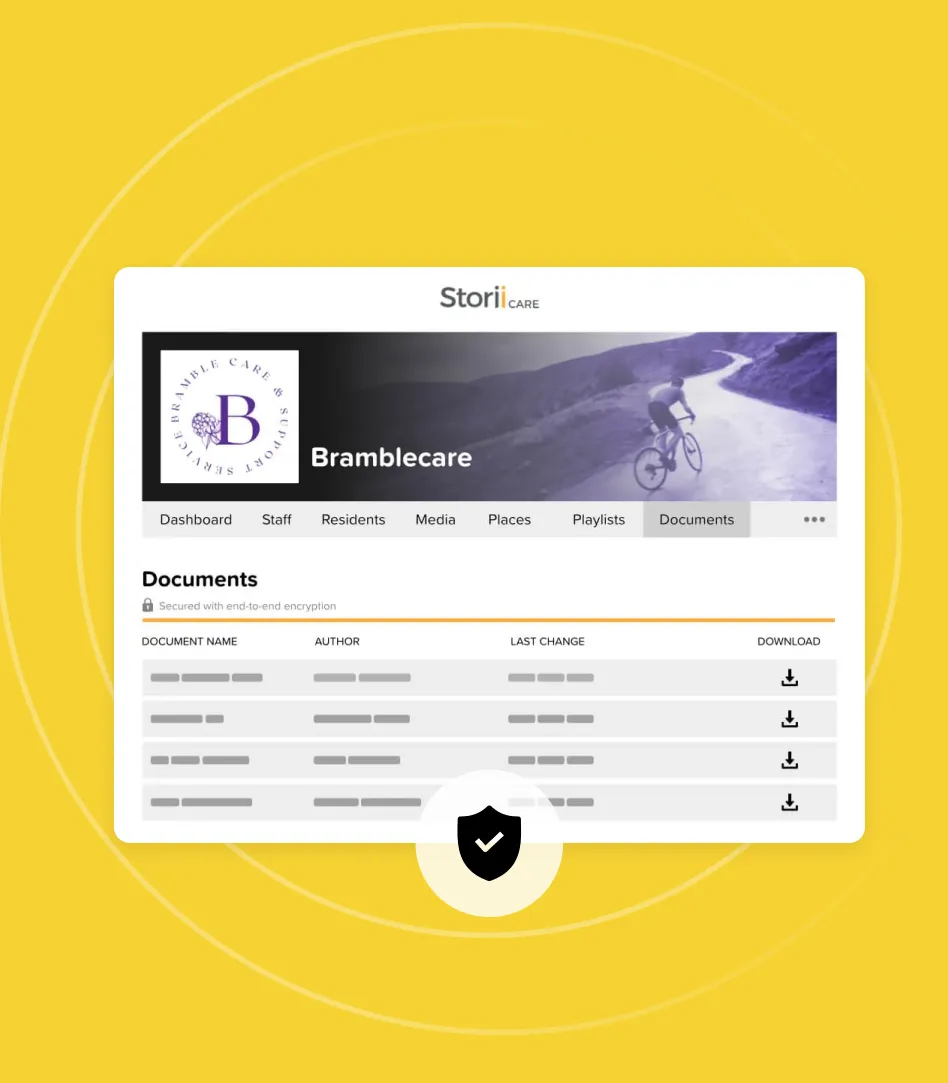Paul's Story of Positive Risk Taking
Early yesterday afternoon my wife Maureen said, ‘You have locked me in again and I will hate you until the day I die.’ This was not the first time that she has reacted strongly to finding the key turned in our front door so I promptly opened it and let her go. I hurriedly got on my bike and followed her at a distance watching her talking to a neighbour who redirected her back home. On her return, she was a different woman: I was her friend and she was feeling liberated that she had been out by herself.
Later in the afternoon, I took positive risk taking to another level. Rather than follow her as soon as she ‘escaped’ I gave her 15 minutes as I nervously sat on the edge of my seat counting the seconds. As I got on my bike she waved to me as she turned into a nearby close. I followed her at a distance silently encouraging her as she found her way home. When we caught up with each other on our front drive I hugged her with congratulatory tears in my eyes – she thanked me for being such a good man. She told me that she had waved to a man with white hair because it might just have been me!
I haven’t gone native or ‘lost it’ in my approach to Maureen’s liberation. It is something I have discussed extensively with professional staff and am using my judgement as I open the doors to freedom for my wife.
I also raised another important issue with my Admiral Nurse when we met yesterday. I wanted to place Maureen within Teepa Snow’s GEMS model. I eventually concluded that if she was anything she was Emerald:
GEMS Model Emerald
~ Green and On the Go With a Purpose ~ Naturally Flawed
- Sees self as able and independent, with limited awareness of changes in abilityNeeds to know what comes next: seeks guidance and assistance to fill the day
- Lives in moments of clarity mixed with periods of loss in logic/reason/perspective
- Understanding and use of language change: vague words and many repeats
- Cues and support help when getting to/from places and doing daily routines
- Awareness of time, place, and situation will not always match current reality
- Strong emotional reactions are triggered by fears, desires, or unmet needs
Being Emerald
I am flawed; it is part of being a natural emerald. I tend to be focused on what I want or need in this moment and may not be aware of my own safety or changing abilities. I can chat socially, but I typically miss one out of every four words and cannot accurately follow the meaning of longer conversations. I won’t remember the details of our time together, but I will remember how your body language and tone of voice made me feel. I may hide or misplace things and believe someone has taken them. My brain will make up information to fill in the blanks, which makes you think I am lying. If you try to correct me or argue, I may become resentful or suspicious of you. I am not always rational, but I don’t want to be made to feel incompetent. My brain plays tricks on me, taking me to different times and places in my life. When I am struggling, I may tell you, “I want to go home.” To provide the help and assistance I need, you must go with my flow, use a positive, partnered approach, and modify my environment’.
Teepa Snow is an amazing woman who encourages Care Partners to focus on capabilities and I’m sure that with careful positive risk taking Maureen will continue to shine!
Featured Writer
I am a retired adult educator. My wife had a stroke in February 2014 and now has mixed dementia. Her recovery from stroke has been exceptional apart from 50% loss of peripheral vision and vascular damage. 'Dharma For Dementia' is my approach to being Maureen's Care Partner, it aims to end the suffering of 'Prescribed Disengagement' (Swaffer).
Read more on Paul's blog: Seeking the Good Life




.png)












